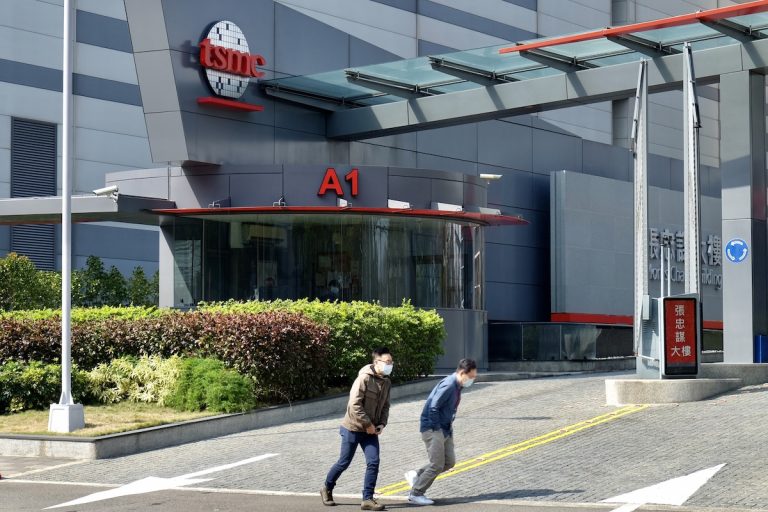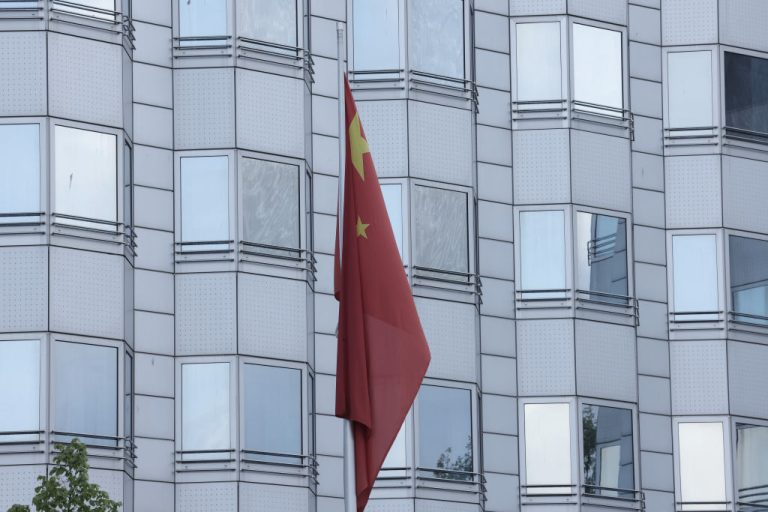It has been about a year since the dominant computer chip company Taiwan Semiconductor Manufacturing Co. Ltd (TSMC) has announced plans to open a factory in Arizona. Recently, however, TSMC Chairman Mark Liu and TSMC founder Morris Chang have spoken out about their misgivings about opening factories in the U.S.
In an effort to boost U.S. standing in the midst of a worldwide computer chip shortage, President Joe Biden set aside $50 billion in his infrastructure proposal to support the American semiconductor industry. The proposal has gained lots of support from those hoping to not fall behind in a computer chip competition that Asian countries have an edge on.
But according to Wall Street Journal, some conservatives feel that the semiconductor industry should not be federally subsidized. Cesar Ybarra, Senior Director of Legislative Affairs of FreedomWorks, said U.S. leadership in semiconductors “is a laudable goal that should be funded by private enterprise and not the American taxpayer.”
The Wall Street Journal also noted that the U.S. has gone from producing 37% of semiconductors in 1990, to now only make 12 percent. The reason chip making companies have gone outside the U.S. to build plants is because of “a growing network of suppliers overseas and an expanded workforce of skilled engineers needed to operate expensive manufacturing machinery.”
TSMC is the largest chipmaker in the world and unveiled plans to build a $12 billion factory in Arizona back in May 2020.
Success
You are now signed up for our newsletter
Success
Check your email to complete sign up
According to an article on the Fierce Electronics website, in a recent interview on CBS’s “60 Minutes,” TSMC Chairman Mark Liu believed that U.S. companies and the government should not be focusing on moving chip manufacturers to the U.S.—it would be more effective to focus on paying attention to research and development and global collaboration.
When asked: “Should Americans be concerned that most chips are being manufactured in Asia today?” Liu responded: “I understand their concern first of all. But this is not about Asia or not Asia. I mean, the [recent chip] shortage will happen no matter where the production is located because it’s due to the Covid.”
“I think the U.S. ought to pursue to run faster, to invest in R&D, to produce more Ph.D., master, bachelor students to get into this manufacturing field instead of trying to move the supply chain which is very costly and really non-productive. That will slow down innovation because [of] people trying to hold on their technology to their own and forsake the global collaboration,” Liu said.
Hard to find competent workers
TSMC founder Morris Chang also spoke publicly about the downsides to U.S. manufacturing at a forum hosted by Taiwanese media outlets, which was reported on by Asian Times. “The United States stood out for cheap land and electricity when TSMC looked for an overseas site but we had to try hard to scout out competent technicians and workers in Arizona because manufacturing jobs have not been popular among American people for decades,” Chang said.
Chang praised the “workhorse mentality” and “deep pool of high-caliber, industrious talent” in Taiwan’s computer chip production sector. He said that even with government investments and subsidies from other countries, production and manufacturing costs would be higher anywhere outside of Taiwan. In particular, the Chinese Communist Party spent billions in subsidies, which has not got them very far in the current race between the two leaders — Taiwan and South Korea — whose manufacturing capabilities are still five years ahead of Semiconductor Manufacturing International Corporation (SMIC) and its mainland Chinese peers.
“It was a breeze for us to rotate technicians and staff among the three fabs across the island and when employees change over from one location to another, they even do not need to move their homes thanks to Taiwan’s bullet trains and highways and well-rounded transport and logistical support,” said Chang. “It’s unlikely we can replicate all these in Arizona.”







